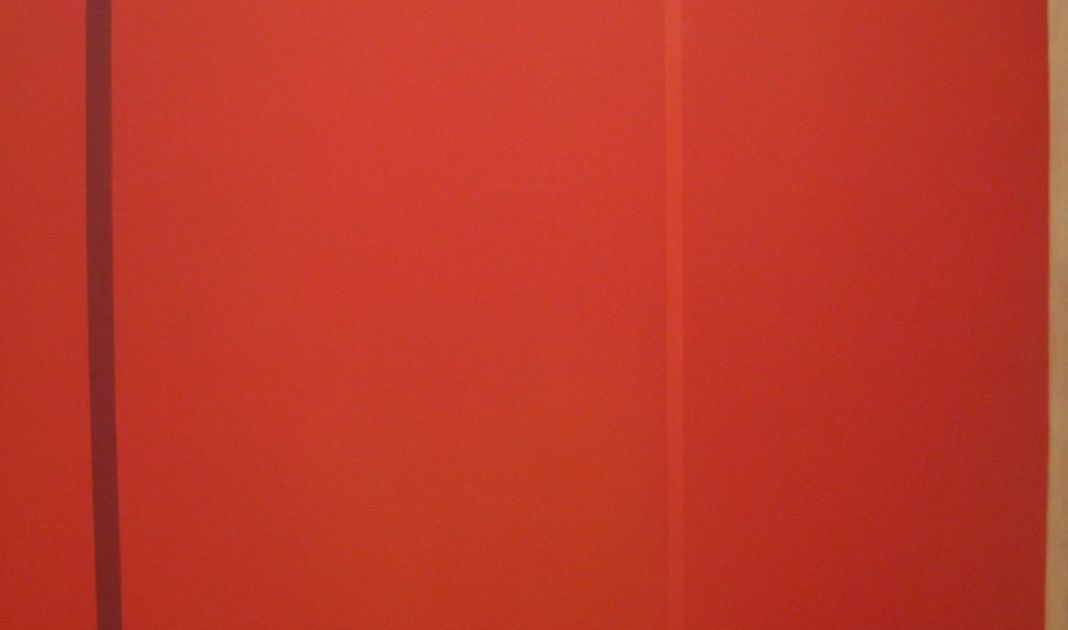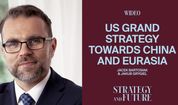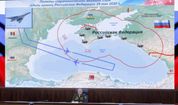Democracy versus Meritocracy

(flickr.com)
Similarly, David Goldman talks in a 2017 lecture at the Westminster Institute about Christianity (“over the very long term”) potentially being “a soft underbelly of Chinese culture” but – he warns – this is “something we can only speculate about” and “in the horizon of any viable strategy,” he doesn’t believe it will be a factor in terms of prevailing against what he calls “(without any doubt) the cruelest dictatorship in modern history.”
In the same speech, Goldman describes China as “a cold and merciless meritocracy” and again later (in the context of an rumoured government gene-splicing program) as “a very cruel society … an absolutely ruthless meritocracy, which does not give any mercy to the hindmost.”
The idea of the modern-day PRC as a meritocracy is also raised by its most high-profile proponent (or ‘apologist’), Zhang Weiwei, who took part in an Intelligence Squared debate (on the eve of Xi Jinping’s rise to power), titled “Liberal democracy may be right for the West, but it would be wrong for China” (November 2012). He made five points, defending the motion. The fifth and final point was this:
“The China model – without much fanfare … Beijing has actually introduced major reform into its ways of political governance and established a very elaborate system of meritocracy, which can be called ‘Selection Plus Election’ – across the whole of China’s political structure. … Virtually all the candidate members of China’s Standing Committee, the country’s highest decision-making body, have served twice as the number one of [a] Chinese province. … It takes extraordinary talent and skill to govern a Chinese state. You have to do it twice and perform well before you get a ticket to enter into top leadership.”
It’s worth bearing in mind that there are apparently 88 million members of the Chinese Communist Party (or ‘Communist Party of China’ as it’s often referred to by its supporters), about 6 or 7% of the population. However, membership is also strictly selective, with only around one in ten successful applicants. In a very recent promotional video titled “CPC Member, an Alien or a Brainwashed Political Animal?” (April 2020), one Party member says “they always choose the straight-A student.” Another – continuing the meritocracy theme – says that to him, it’s the coming together of “a group of genuinely outstanding people,” who – he says (in his opinion) – share the same aspiration (singular), “which is to make lives better for everyone.” And woe betide anyone who tries to get in their way!
The reforms mentioned by Zhang Weiwei are explored very eloquently by Professor Daniel Bell of Tsinghua University in Beijing, author of The China Model: Political Meritocracy and the Limits of Democracy (2015). In an interview with World Affairs (“Is Chinese Democracy Inevitable?”), Bell begins by defining political meritocracy as:
“The idea that a political system should aim to select and promote leaders with superior qualities: (1) intellectual ability; (2) social skills – i.e. they can persuade others to get things done in an effective way; and (3) virtue – i.e. leaders shouldn’t be corrupt, they should be motivated by a desire to serve the community.”
Bell argues that this idea has a very long history in China as “the dominant political ideal among political thinkers” from the age of Confucius (BCE 551-479) onwards. In imperial China, from BCE 221-CE 1912 (i.e. for 2,100 years), it was implemented by the examination system, which was used to select leaders, and then leaders were promoted based on their performance at lower levels of government. It has been re-established in China over the last 30 years (i.e. 1985-2015), meaning “it takes literally decades to rise from the lower levels of government to the top.” Democracy, he says, works reasonably well at the lower levels of government in China but the more you move up the chain of command, the more meritocratic the system should become.
The examinations for intellectual ability are like high-level IQ tests, “extremely difficult.” How do you test for social skills? Bell says that the most important way is “looking at performance evaluations at lower levels of government. If the public officials can effectively persuade their peers and their superiors and their subordinates to get things done, then that’s a good indication of their social skill.”
“The most difficult part, though, is virtue. How do you test for whether people have a good level of moral character? And the big problem in China in terms of the quality of public officials is … [that] there’s tons of corruption, and part of that is because the way of testing for virtue hasn’t been an effective way. The main problem has been that [the person] who judges the moral character of public officials due for promotion usually has been their superiors, who are notoriously bad judges of moral character.”
The solution to this? Very straightforwardly, a greater emphasis on peer evaluation. As we can see here, even very briefly (but at much greater length in the rest of the interview and in the book itself), the so-called China model is being fine-tuned. “More Confucianism and less Marxism” is the way Bell sees China heading although he clearly regards the one-party system as ultimately sustainable (and likely very necessary) for China in the long run.
On the alternative(s) to this model, Zhang Weiwei raises the spectre of 乱 – luàn – which translates as disorderly; chaotic; disarray; unstable; volatile; turbulent; blurred; damaged; destroyed, and so on. Of course, Western audiences know this word quite well in Japanese as ran – the name of an epic and visually stunning Akira Kurosawa film from 1985, based on the Tragedy of King Lear (and therefore arguably the best-ever film adaptation of a Shakespeare play). Presumably, this is how those connected with the one-party political establishment in China view (and will continue to view) democracy, just as we in the West tend to take a negative view of the China model.
So, political meritocracy – for its proponents (and perhaps also for its detractors) – might be visualised as something like a Rothko painting: calm, serene, an antidote to the chaos of the world around us. What would Rothko himself have made of such a comparison? Happily, he left us with this brilliant piece of advice: “I would like to say to those who think of my pictures as serene, whether in friendship or mere observation, that I have imprisoned the most utter violence in every inch of their surface.”
Autor
Thomas Riley
Thomas Riley runs the Flows and Frictions podcast for Strategy&Future. Originally from Manchester, England, he has been living and teaching English in Katowice since 2009.






Trwa ładowanie...